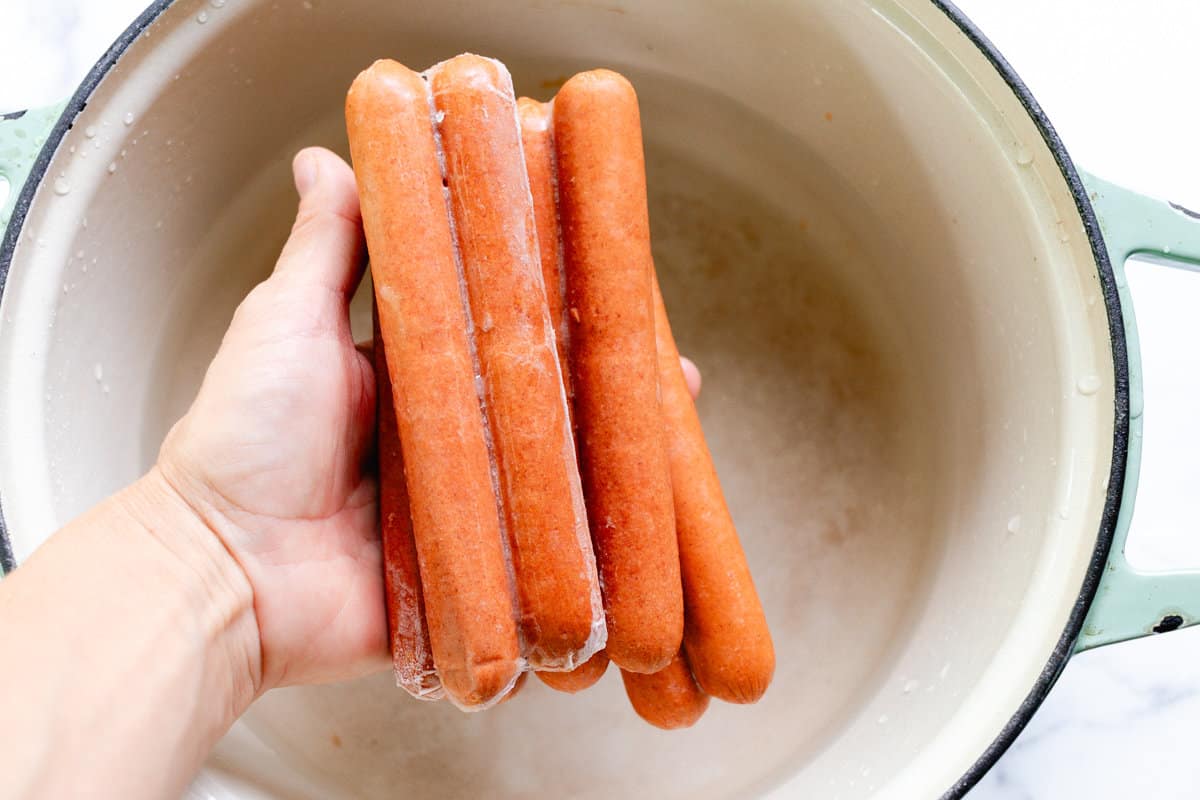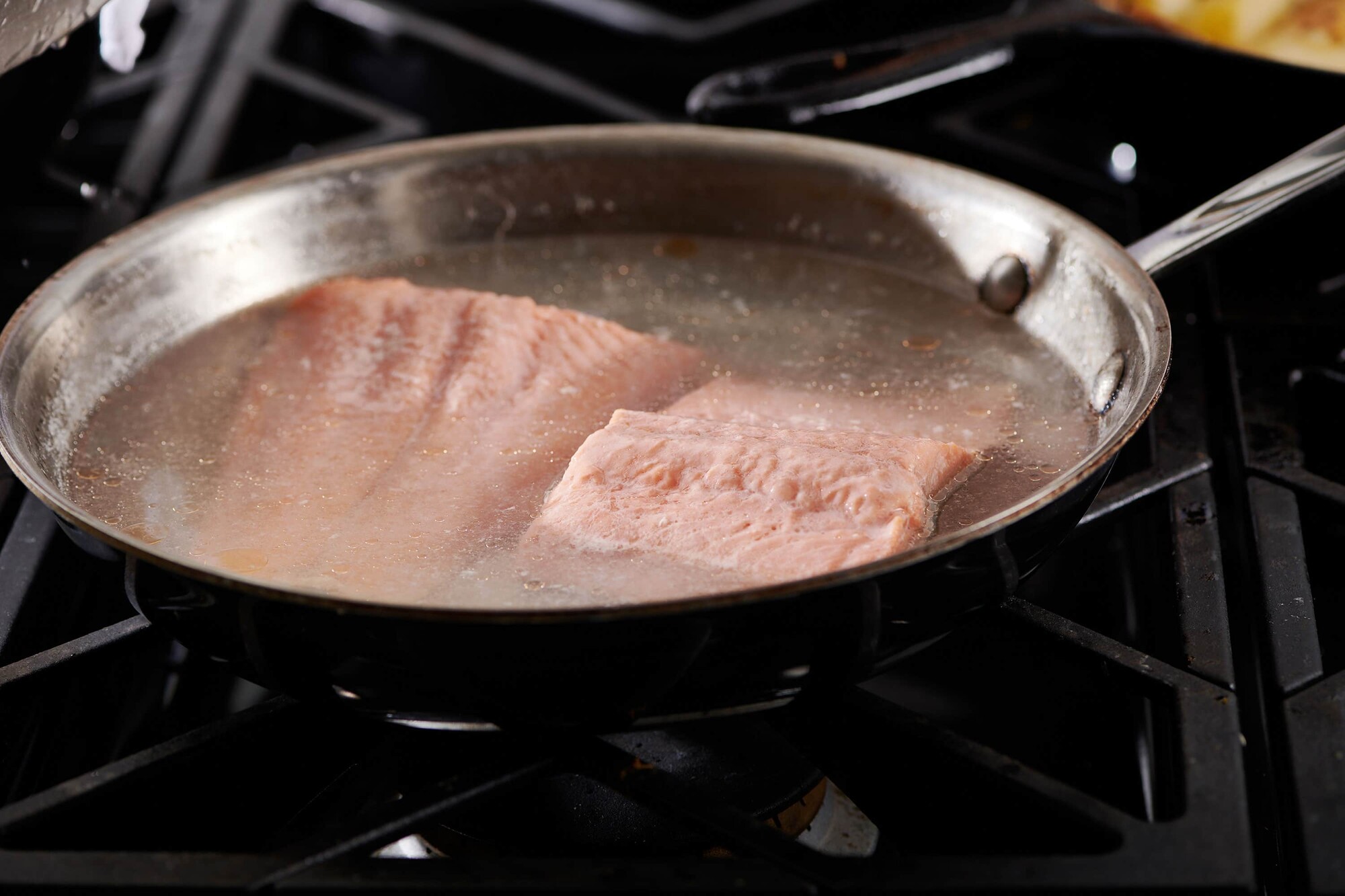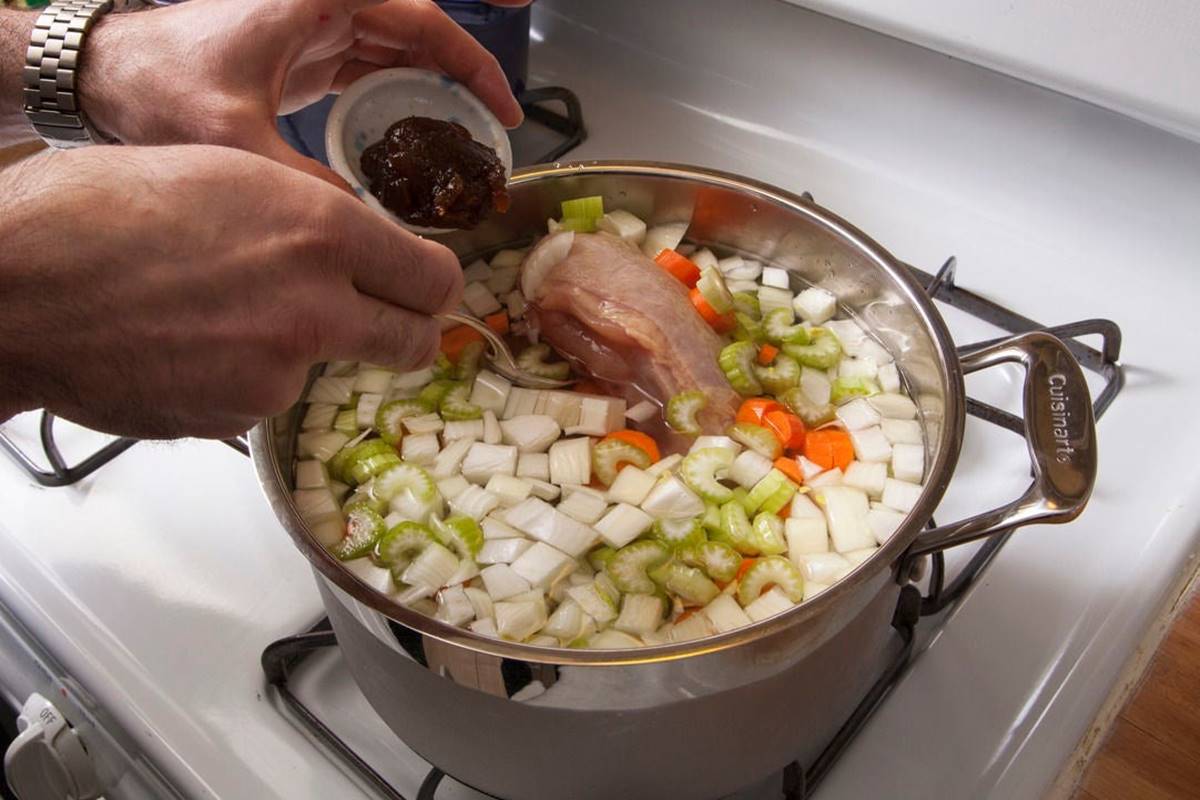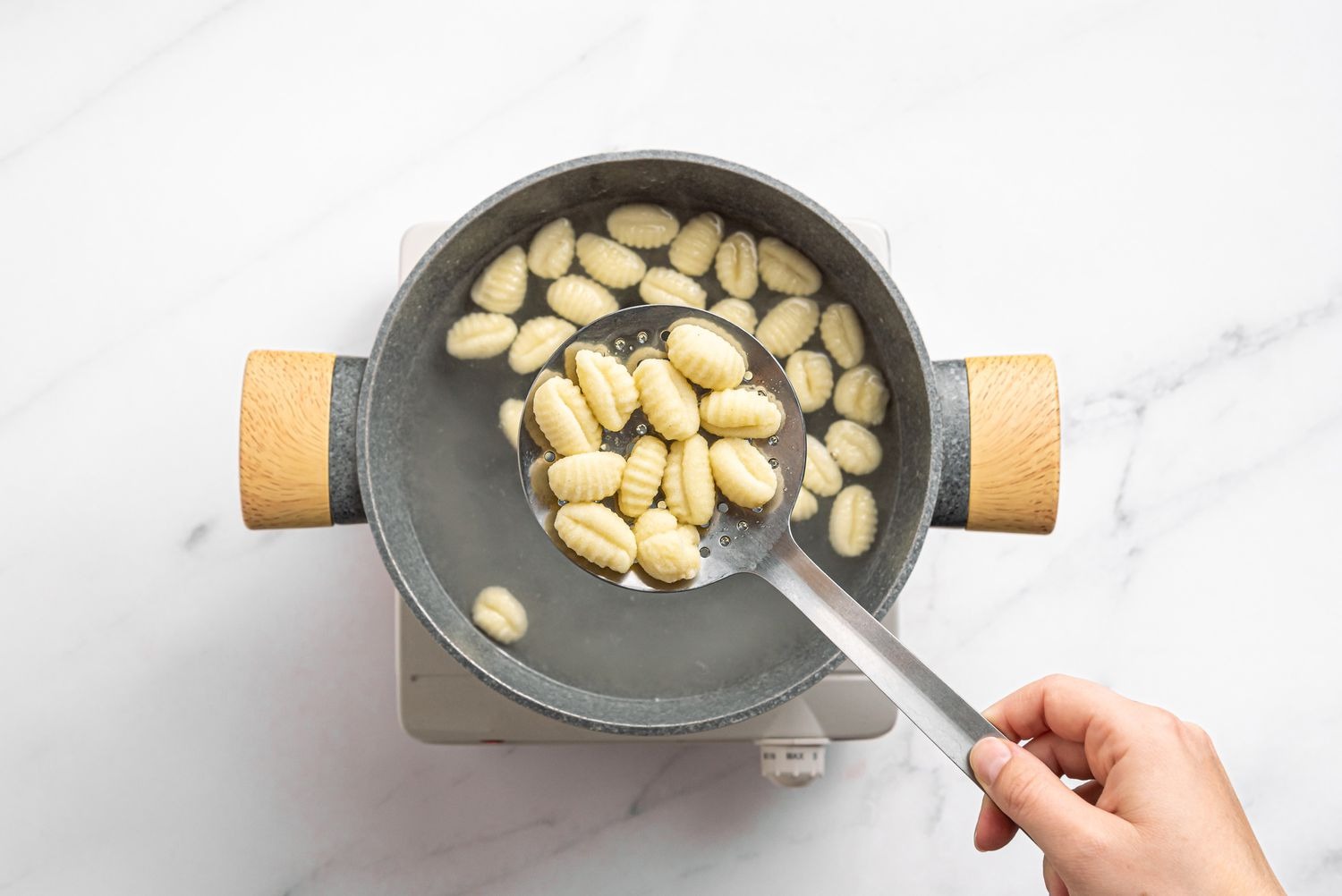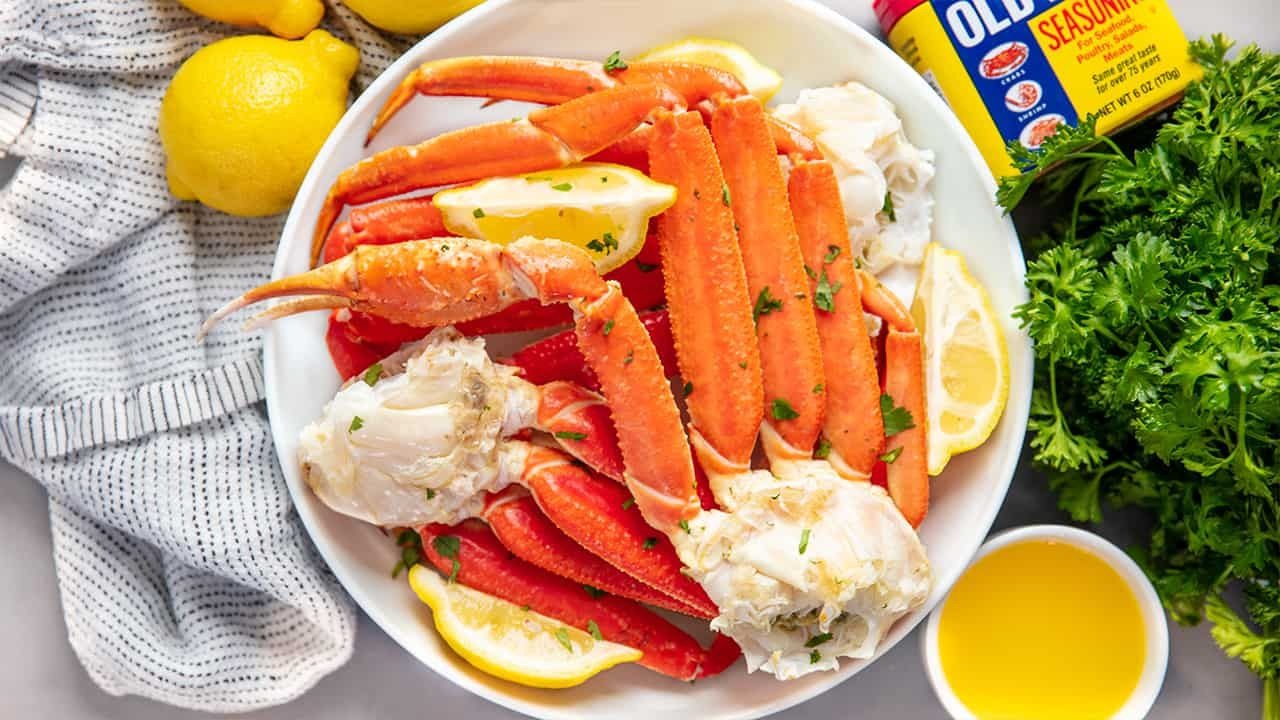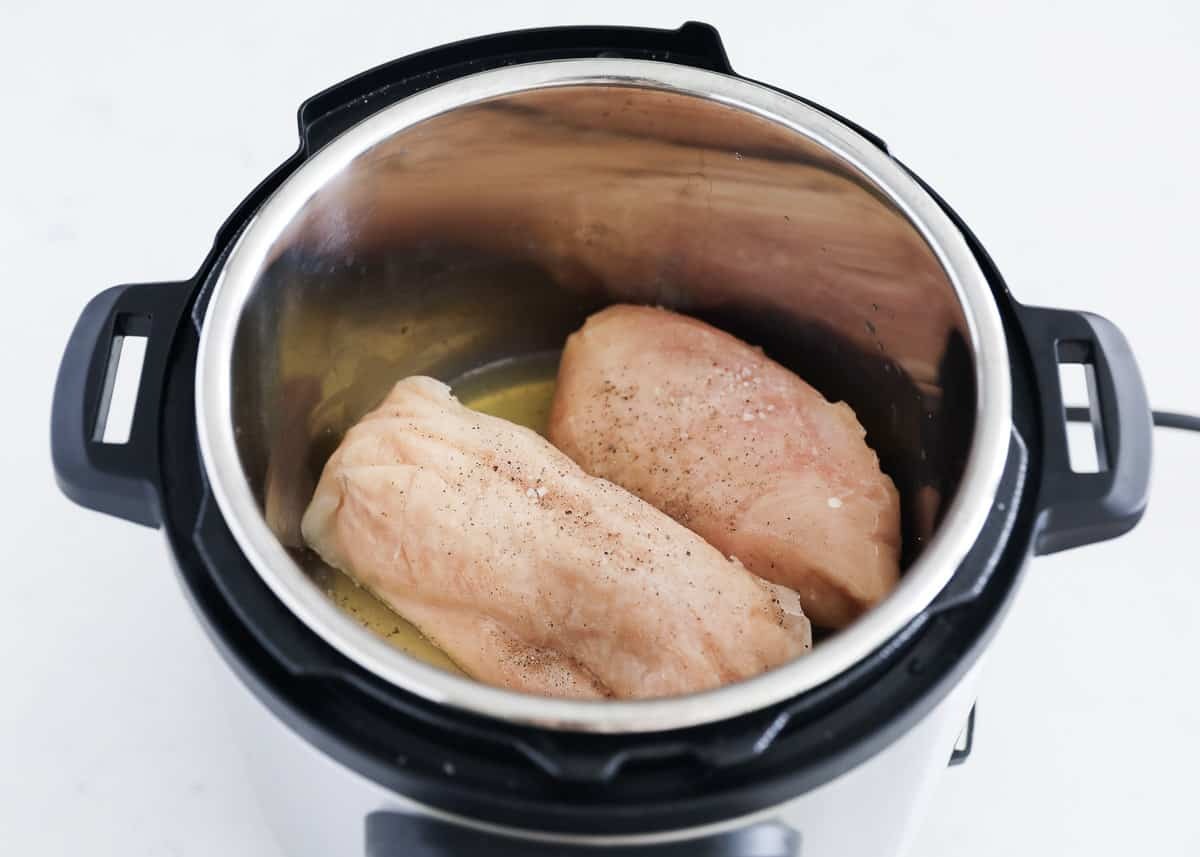Boiling ginger for tea is a simple, yet profoundly beneficial process that transforms raw ginger into a soothing, aromatic beverage. This age-old practice, cherished in many cultures, involves just a few straightforward steps. Fresh ginger root, known for its spicy flavor and health-promoting properties, is the star ingredient. When boiled, its potent compounds are released into the water, creating a tea that's not only comforting but also packed with potential health benefits. Whether you're seeking relief from a cold, looking to soothe an upset stomach, or simply craving a warming drink, learning to boil ginger for tea is a skill worth acquiring.
Essential Ingredients for Ginger Tea
- Fresh ginger root, about 2 inches, peeled and sliced
- Water, 4 cups
- Optional: Honey or lemon for flavoring
Necessary Tools for Brewing Ginger Tea
- Medium-sized pot
- Cutting board
- Sharp knife
- Measuring cups
- Measuring spoons
- Strainer
- Tea kettle (optional for pre-boiling water)
- Wooden spoon or stirrer
- Teacup or mug
Boiling ginger for tea involves slicing fresh ginger root thinly, adding slices to boiling water, simmering for 15-20 minutes, and straining. This process extracts flavors and health benefits efficiently.
The Benefits of Ginger Tea
Boiling ginger for tea is a simple process that unlocks its health benefits. This method helps in extracting the flavorful oils and compounds, making them more accessible for your body to absorb. Consuming ginger tea can aid in digestion, reduce inflammation, and boost the immune system.
To boil ginger effectively, start by peeling and slicing fresh ginger root thinly. Then, add these slices to water and bring to a boil. Simmering for about 10-20 minutes will ensure that the essence of ginger is infused into the water, creating a potent and beneficial tea.
Brewing Ginger Tea: A Step-by-Step Guide
How To Boil Ginger For Tea
-
Select Fresh Ginger: Look for ginger root that is firm to the touch and has smooth skin. Fresh ginger will yield the most potent flavor for your tea.
-
Wash and Peel Ginger: Rinse the ginger root under cold water to remove any dirt. Use a small spoon or a vegetable peeler to remove the skin from the ginger root.
-
Slice Ginger: Cut the ginger into thin slices. Smaller pieces will expose more surface area to the water, enhancing the infusion of ginger flavor.
-
Boil Water: In a pot, bring water to a rolling boil. For a stronger ginger tea, use less water.
-
Add Ginger to Boiling Water: Once the water is boiling, add the sliced ginger. The amount of ginger you use depends on how strong you want the tea to be. A good starting point is about one tablespoon of sliced ginger per cup of water.
-
Simmer: Reduce the heat and let the ginger simmer in the boiling water for about 15-20 minutes. For a stronger tea, you can simmer for up to 30 minutes.
-
Strain: After simmering, remove the pot from the heat. Pour the tea through a fine mesh strainer to remove the ginger pieces, collecting the tea in a cup or teapot.
-
Serve: Enjoy your ginger tea hot. For added flavor, consider adding honey, lemon juice, or mint leaves to your tea.
-
Storage: If you have leftover ginger tea, you can store it in the refrigerator for up to a few days. Reheat or enjoy cold as desired.
A Sip Towards Better Health
Boiling ginger for tea is more than just a step towards making a warm beverage; it's a journey towards embracing a healthier lifestyle. With its potent combination of flavor, aroma, and health benefits, ginger tea stands out as a simple yet effective way to enhance your well-being. Whether you're seeking relief from a cold, looking to soothe an upset stomach, or just in need of a comforting drink, this tea ticks all the boxes. Remember, the key to unlocking its full potential lies in the quality of ginger used and the patience in its preparation. So, next time you find yourself reaching for a cup, take a moment to appreciate the rich history and powerful properties of this remarkable root. Here's to your health, one sip at a time!
After mastering the art of boiling ginger for tea, readers can explore a variety of exciting recipes to put their new skill to use. For a refreshing twist, they should try the Mint and Ginger Cooler Tea, perfect for a hot day. Those looking for a soothing bedtime drink can go for the Ginger Chamomile Sleepy Time Tea, which combines the calming effects of chamomile with the gentle spice of ginger. For a detoxifying option, the Ginger and Apple Detox Tea offers a delicious way to cleanse the palate and body. Lastly, the Ginger and Cardamom Chai Tea is a must-try for anyone who loves the rich and aromatic flavors of traditional chai with a zesty ginger kick.
Common Questions About Ginger Tea
How long should I boil ginger for tea?
Simmering ginger for about 15-20 minutes in water should do the trick. This time frame extracts its bold flavors and beneficial compounds. If you prefer a stronger tea, feel free to let it stew a bit longer.
Can I reuse ginger after boiling it for tea?
Sure thing! Ginger can be reused for another round or two. Just remember, with each use, its punchy flavor diminishes, so you might want to add a fresh piece to keep that zesty kick alive.
What are the health benefits of drinking ginger tea?
Ginger tea is a real powerhouse when it comes to health perks. It's known for soothing upset stomachs, reducing inflammation, and even helping with nausea. Plus, it's a warm, comforting brew that can lift your spirits on a dreary day.
How much ginger do I need for one cup of tea?
A thumb-sized piece of ginger, roughly chopped or sliced, should be perfect for one cup. Want your tea with a bit more zing? Feel free to toss in a little extra.
Is it better to grate ginger or slice it for tea?
Grating ginger exposes more surface area, making your tea more potent and flavorful. Slicing works well too, especially if you're after a milder taste. Both methods have their charms, so it's all about your personal preference.
Can I add other ingredients to my ginger tea?
Absolutely! Honey, lemon, or mint make great companions, enhancing your tea's flavor and adding their own health benefits. Experimenting with different add-ins can turn your ginger tea into a delightful taste adventure.
How do I store leftover ginger?
Wrap unused ginger tightly in plastic wrap or place it in an airtight container and refrigerate. For longer storage, freezing ginger keeps it fresh and makes it easier to grate for your next cup of tea.
Was this page helpful?
Read Next: How To Boil Rosemary For Hair
